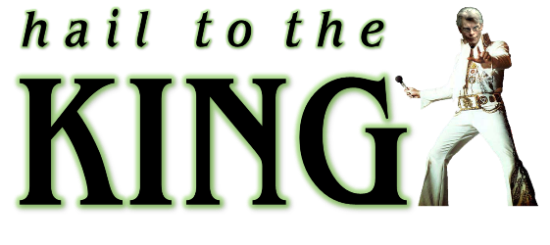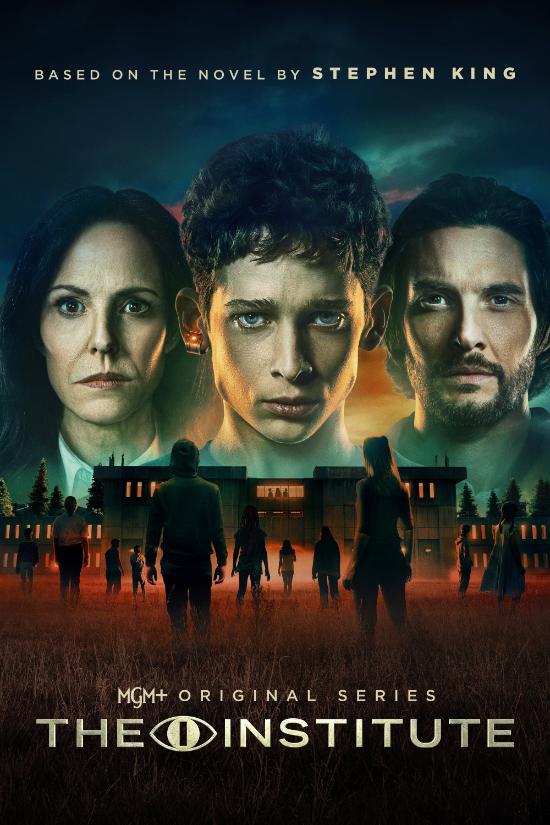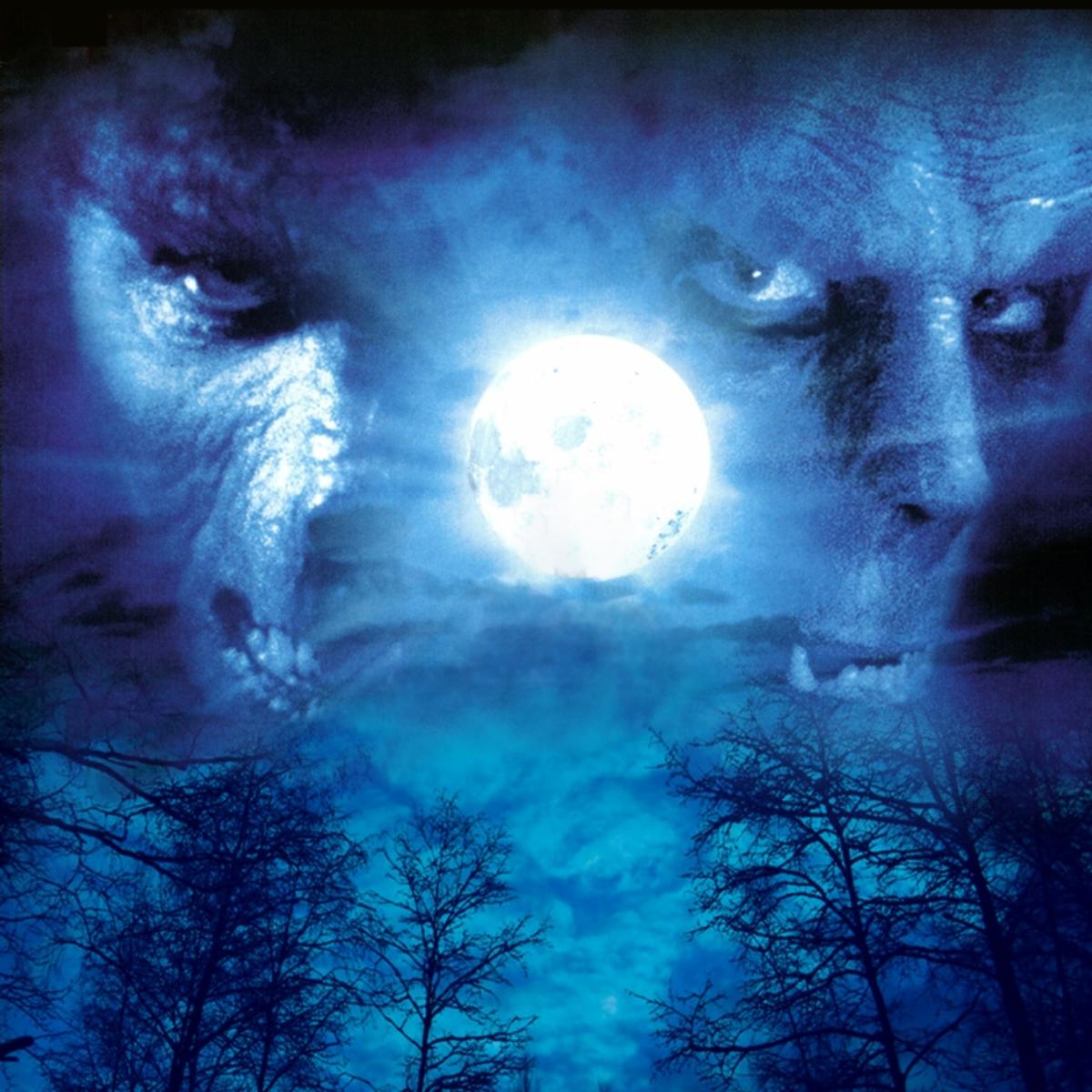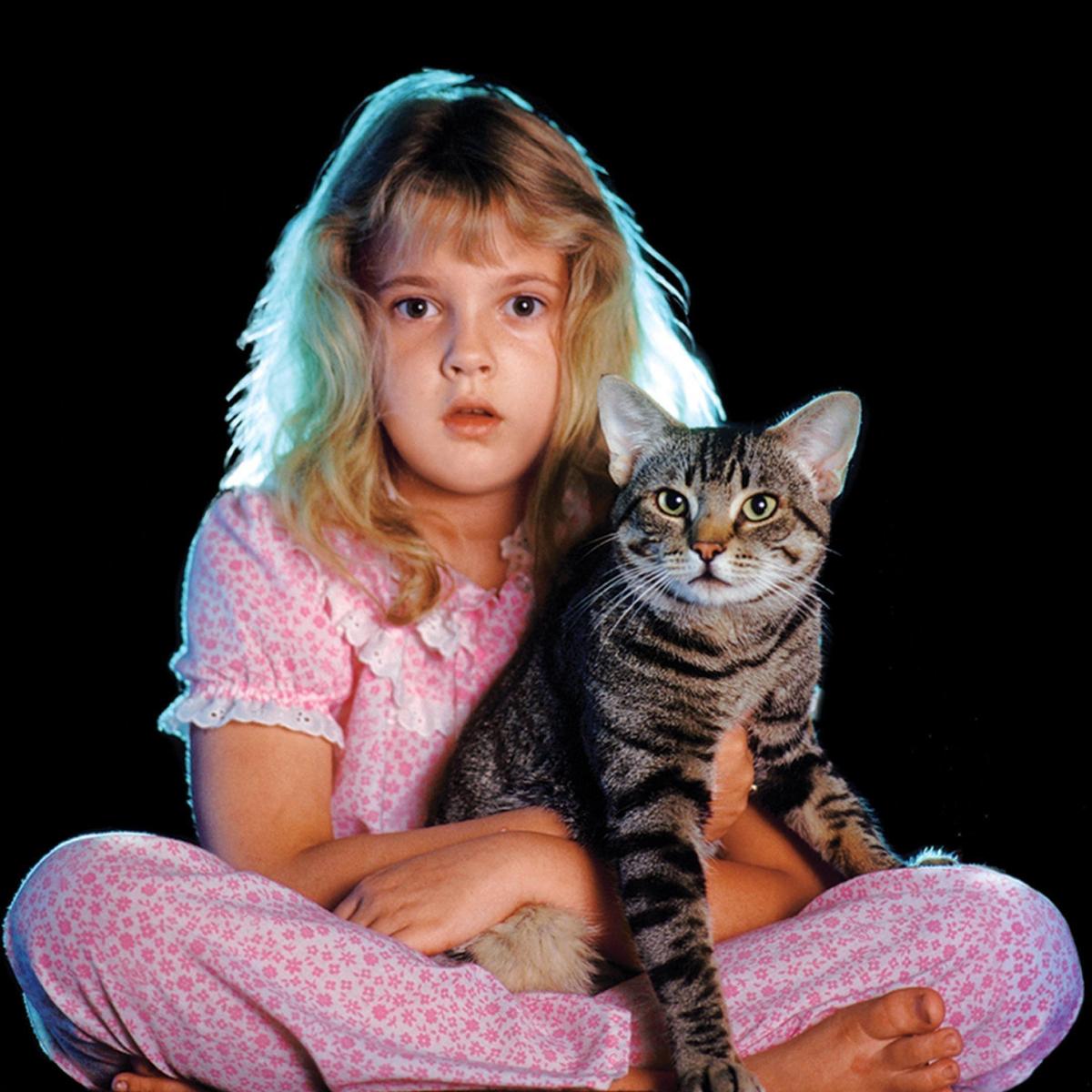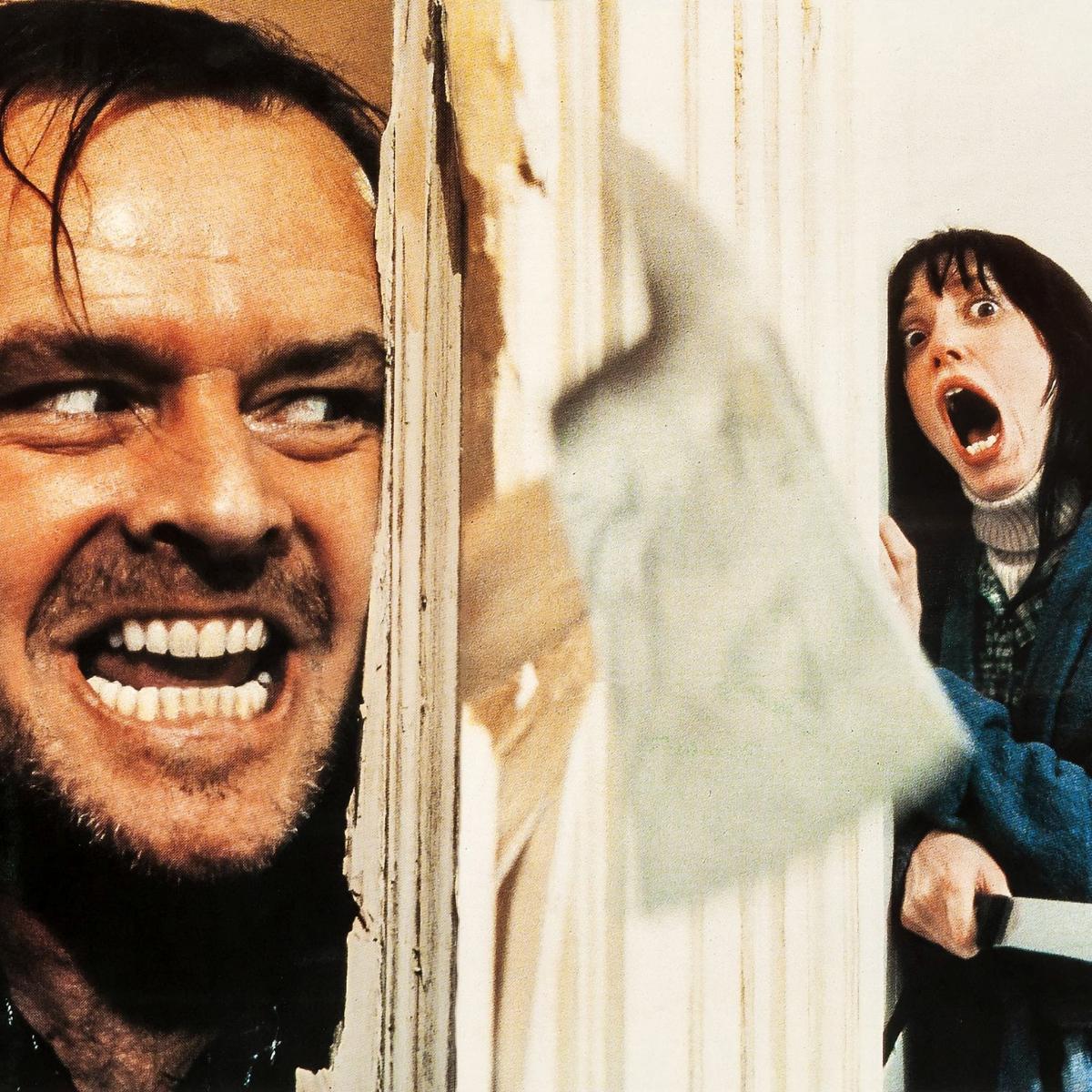The Kids Aren’t Alright.
The Institute is a Stephen King adaptation that works because it remembers it has to tell a story before it tries to build a franchise. It’s a complete, coherent piece of television that brings the novel to life with minimal alterations, giving the time and attention to King’s characters and plot rather than extrapolating outwards without putting in the hard work to give the world a foundation.
Adapted from Stephen King’s 2019 novel of the same name, the series follows Luke Ellis (Joe Freeman), a child prodigy who is snatched from his bed in the dead of night while his parents are executed downstairs. He wakes in a secret facility experimenting on children with telepathic and telekinetic abilities, a regimented world where obedience is rewarded, defiance is punished, and value is measured in compliance and productivity.
Showrunner Benjamin Cavell and his creative team maintain a steady hand throughout. The institutional banality of the compound becomes its threat: clean lines, muted palettes, the soft tick of administrative systems that prioritise order while inflicting pain. The bureaucratic indifference of The Institute’s leadership and staff to the wellbeing of their products – beyond the superficial social niceties takes on a darkness all of its own as the purpose behind the cruelty and exploitation becomes clearer.
The major change the adaptation makes is in ageing up some main characters, particularly Luke, likely because on screen the exploitation of children as young as those in the novel would be too harrowing to watch and also enabling a bit more agency in terms of storytelling. It also compresses the novel’s geography, reducing its east coast odyssey from Maine to South Carolina to a single small town and bringing Luke’s captivity and Tim Jamieson’s (Ben Barnes) wandering lawman into closer orbit.
As Luke, Freeman avoids the trap of precocious saintliness; Luke’s quick mind feels less like a superpower and more like a tool he’s forcing to work under intolerable pressure. Around him, Kalisha (Simone Miller), Nick (Fionn Laird), Wendy (Hannah Galway) and Avery (Viggo Hanvelt) sketch a credible child-society of alliances, rivalries and bravado, a psychically charged adolescent One Flew Over The Cuckoo’s Nest. Overseeing it all is Mary-Louise Parker’s Ms Sigsby, the iron fist in the velvet glove of institutional power: courteous, clipped, and immovable. The series grants her something the novel doesn’t: a faint hint of humanity, an awareness of her own moral decay. That awareness isn’t shared by Julian Richings’ Stackhouse and Robert Joy’s Dr Daniel Hendricks, the other two members of The Institute’s axis of administrative evil who sleep soundly after doing unforgivable things. Outside of the institute’s electrified fences, Ben Barnes gives Tim the wary pragmatism of a man lugging his own mistakes across state lines rather than just a plot device on standby, his story seemingly disconnected until he abruptly finds himself at the very centre of an unravelling conspiracy.
The Institute is tight, tense television; clear in purpose, alive to character and alert to the political edge King embeds in the premise. The reduced geographical scope tightens the dramatic spring without short-changing the emotional distance the book cultivates, and the dual-track structure remains legible: captivity on one side, a slow approach on the other. The ethical arguments survive intact too. “Necessary harm” is interrogated, not indulged, and key characters, notably Ms Sigsby, are shaded with subtler edges of grey that shift perspective without softening the horror.
There’s also a welcome sense of completion: season one tells the story the novel tells and lands on a full stop rather than an ellipsis. It could have ended there without fault, but it does point the way (as the novel did) to where its second season order can go. It’s a far cry from the bloated revisionism of Under The Dome where the source novel was treated as a serving suggestion rather than a recipe for success. The Institute is one of the best King television adaptations. It doesn’t over season or undercook, and it respects the novel without worshipping it. Wherever season two takes the story, season one understood the assignment and executed it brilliantly.
